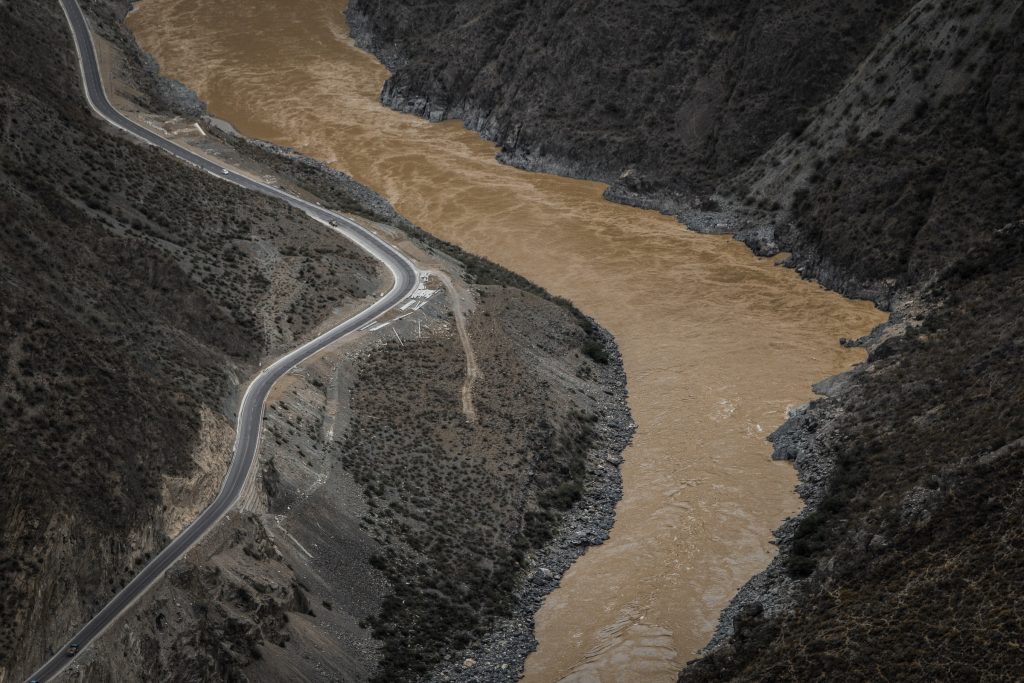
This article first appeared in Engineering News
The Agence Française de Développement (AFD) is providing support and expertise to the eThekwini metropolitan municipality to help with the implementation of its Transformative Riverine Management Programme.
The pioneering riverine management projects, in partnership with the municipality, AFD and Deutsche Gesellschaft für Internationale Zusammenarbeit (GIZ), as well as civil society groups and communities, combine ecosystem restoration, adaptation to climate change and the creation of economic opportunities for low-income populations.
The pilot projects embarked upon to date, with support from the C40 Cities Finance Facility, in which AFD is a funding partner and GIZ an implementing agency, include a strong focus on community involvement, capacity building and skills development.
“They have encompassed the employment of community cooperatives and the training and employment of local community members to assist with river health maintenance, waste management, monitoring and community awareness,” said AFD municipalities and urban development team project manager Zoé Ramondou.

“There has also been a focus on building skills and capacity in beneficiary communities extending beyond riverine management actions. This includes helping people making a living from waste upcycling and recycling while improving the health of their local rivers.”
Further, the insights and learnings obtained from Durban’s riverine management experiences so far are being leveraged to hone the city’s Transformative Riverine Management Programme going forward, with the ultimate aim of transforming some 7 400 km of riverine corridors.
Durban contains 18 major river systems, some of which extend far inland of the city boundary.
Over the past 30 years, deteriorating river water quality and more frequent flooding have caused escalating costs to the city, businesses and citizens, while alternating cycles of drought and flood have driven informal settlements into flood plains, resulting in extreme vulnerability and loss of life and property.
The projected impacts of climate change on Durban’s water systems include declining water quality, more intense flooding, reduced water availability and food security, Ramondou warned, highlighting the vast range of factors influencing the performance and liveability of riverine corridors, including solid waste like littering and dumping, sand mining, the status of riparian vegetation, the attenuation of surface runoff (through natural and artificial wetlands, canalisation or diversion measures), pollution and discharges from wastewater systems.
Three projects that have delivered valuable information on the establishment, implementation and planned upscaling of transformative riverine management projects are the Sihlanzimvelo project, the Aller River pilot project and the Green Corridors Green Spaces project.
The Sihlanzimvelo project, led by the eThekwini city department responsible for roads and stormwater maintenance, aims to remove litter, waste and invasive plant species from stream areas to reduce stormwater blockages and create employment for cooperatives formed by local residents, who have been equipped with the core skills needed to establish and run a cooperative, remove invasive alien plants, and comply with health and safety regulations.
Led by environmental awareness protection community-based organisation the Kloof Conservancy, the Aller River pilot project is restoring sections of the Aller river with a focus on water quality improvement and invasive species removal.
Meanwhile, the Green Corridors Green Spaces Project, which is led by city-supported special purpose vehicle the Green Corridors NPC, is working on community upliftment through the creation of a green spatial economy and enhancing local quality of life, living environments and sustainable livelihoods.
This project was initiated in 2010 and its implementation is subjected to a yearly review of its memorandum of agreement with the municipality.
“The eThekwini metropolitan municipality is building a case for upscaling riverine management to encompass all rivers in the city.”
“The latest development is a new study, which is supported by AFD and funded through the Cities and Climate in sub-Saharan Africa (CICLIA) financial facility, that will be integrated in the broader framework of eThekwini’s Transformative Riverine Management Programme, Ramondou added.
CICLIA is co-funded by the European Union, AFD and the Swiss Cooperation.

